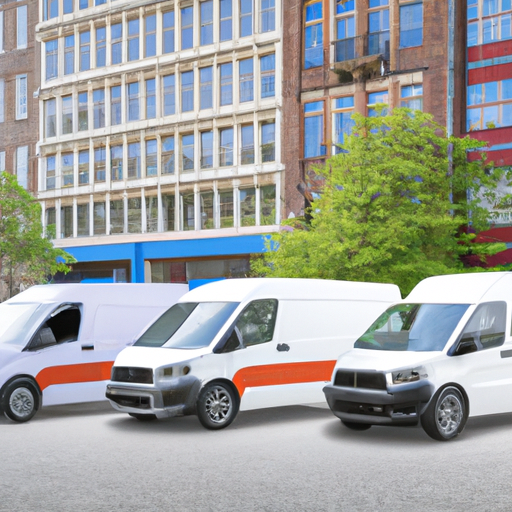In a major move for green transportation, Renault Group and Volvo Group are joining forces to create a new entity. Their collective mission? To advance decarbonization within the logistics sector through the production of fully-electric vans, empowered by an innovative LCV skateboard platform.
Unveiling the Entities: Volvo and Renault
Known globally for its construction equipment, outboard motors, and truck subsidiary, the Volvo Group is a Swedish manufacturing powerhouse nearing a century of operation. The company has already set its course towards electrification, demonstrating this commitment with record-breaking deployment of zero-emission technology across multiple sectors.
Renault Group, a French automobile manufacturing conglomerate, outdates Volvo by 28 years. This company handles a portfolio of sub-brands that includes Renault, Dacia, Alpine, and Mobilize. The Renault Group is pushing towards achieving complete carbon neutrality by 2040. Already investing billions in developing and shipping electric passenger vehicles, it is now driving at last-mile deliveries in Europe with Volvo’s assistance.
New Electric Vans to be Released by Renault and Volvo by 2026
Today, Volvo Group unveiled the specifics of its collaboration with Renault Group. It notably features the inclusion of CMA CGM Group, a world-leading provider of logistics solutions across land, air, and sea. Renault and Volvo Group have formalized a 50/50 equity split through signed binding agreements, due to invest €300 million each over the coming three years.
CMA CGM Group is also set to walk this path, committing to invest €120 million via a non-binding letter of intent. Together, the consortium is aiming to establish a whole new array of fully electric, software-defined vehicles. These vehicles, specifically intended for logistics and rentals, will be produced under this unique partnership.
The new automobile company’s production line will offer light commercial vehicles (LCVs) that use an 800V skateboard platform. This platform will be modular and able to accommodate a variety of EV sizes. Martin Lundstedt, the president and CEO of Volvo Group, has expressed his excitement about the new venture, highlighting the group’s dedication to sustainable transport.
He emphasized the importance of partnership and collaboration for achieving the goal of clean, efficient, and safe urban transportation. The as-yet-unnamed company is set to start operations in early 2024, following regulatory approval processes, with EV production slated to commence in 2026, based in France.
























